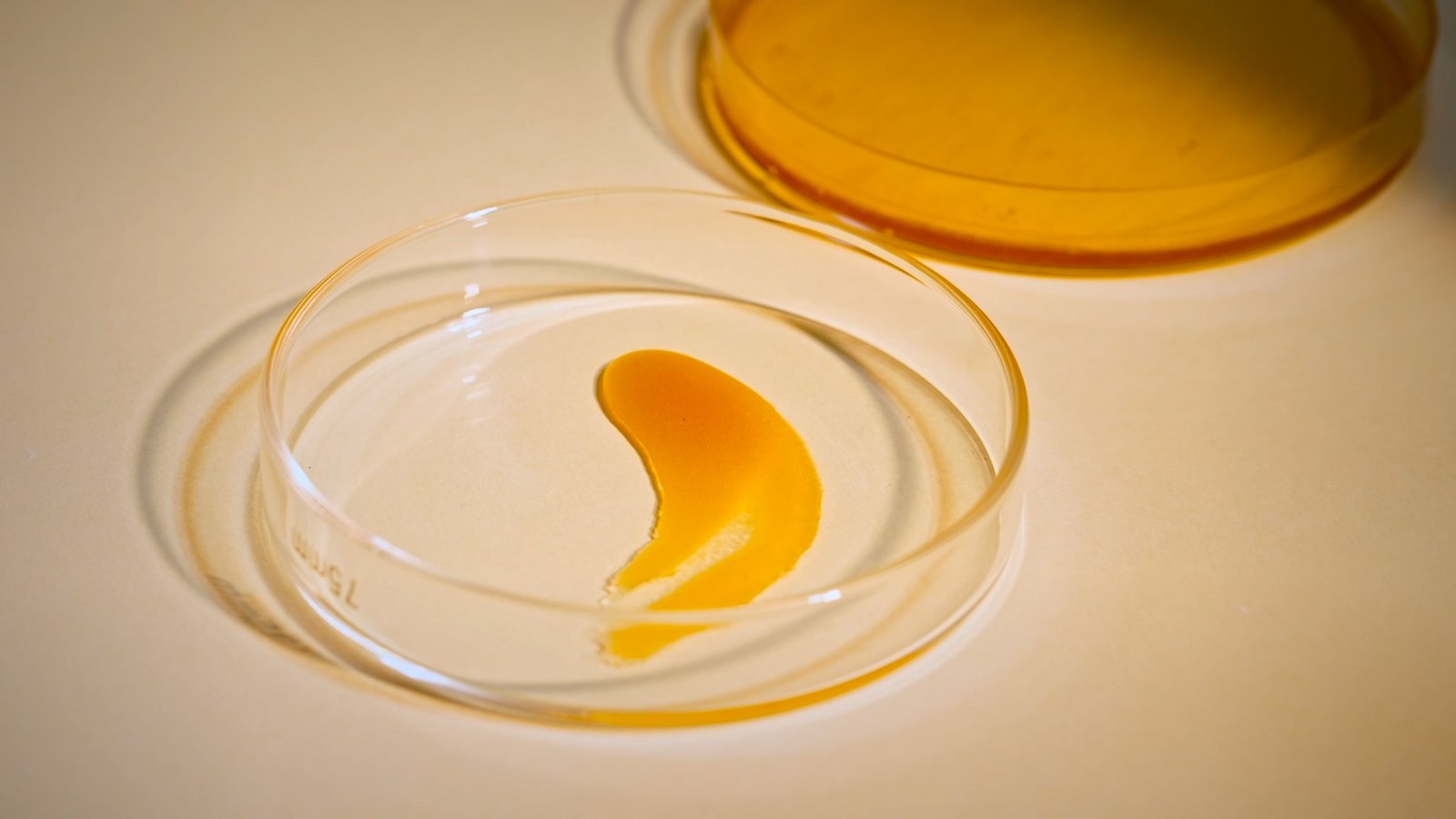Friday, 27 February 2026
Research confirms genetic uniqueness of New Zealand Mānuka honey
Peer-reviewed testing of mānuka honey samples and mānuka trees (Leptospermum scoparium) found that New Zealand varieties have a distinct genetic makeup to plants and honey from other regions New scientific…

Peer-reviewed testing of mānuka honey samples and mānuka trees (Leptospermum scoparium) found that New Zealand varieties have a distinct genetic makeup to plants and honey from other regions
New scientific research solidifies the unique identity of New Zealand mānuka honey, highlighting its distinct genetic makeup and underpinning potential health benefits compared to honey varieties from other regions claiming to be the same as mānuka. This news empowers consumers to make informed choices when seeking genuine mānuka honey with its renowned antibacterial, anti-inflammatory, and antioxidant properties.
The Unique Mānuka Factor Honey Association (UMFHA), the trusted leader in mānuka honey quality and authentication, applauds the clarity for consumers of these latest findings. The two independent and peer-reviewed studies, one focusing on honey authenticity and the other on the genetic makeup of the mānuka tree, paint a clear picture:
1. Plant & Food Research – Unlocking the Genetic Fingerprint of Leptospermum scoparium:
A study by Plant & Food Research, published in Tree Genomes and Genetics, delved deep into the DNA of the mānuka tree (Leptospermum scoparium) across New Zealand and Australia.
The findings confirmed that mānuka trees from New Zealand and Tasmania (Australia) are genetically distinct enough to be considered separate species.
2. AgResearch Food Chemistry Advances – New Zealand Mānuka Honey Stands Apart*:
A study by AgResearch, published in Food Chemistry Advances employed a new technique called laser-assisted rapid evaporative ionization mass spectrometry (LA-REIMS) to analyze 67 honey samples labelled as “mānuka” from New Zealand and Australia.
LA-REIMS successfully revealed distinct metabolic fingerprints for New Zealand and Australian varieties.
What This Means for Consumers:
The recent research underpins what has already been known by New Zealand’s indigenous Maori population for nearly 1,000 years. New Zealand’s unique, native mānuka tree is an important source of healing properties and mānuka honey is part of a long history of healing.
“Consumers choosing mānuka honey for its health benefits need accurate information to select the ideal product,” says Tony Wright, CEO of the UMFHA. “Stemming from a unique tree, with its unique genetic makeup and underpinned by an unmatched body of health applications, authentic New Zealand mānuka honey is a natural health product that stands alone. By choosing authentic, UMF-certified honey, you can truly harness its potency, and multiple bioactive actions and experience one of the world’s most delicious health and wellness products.”
The UMF advises that to be sure you’re getting genuine New Zealand mānuka honey, consumers should:
Prioritize New Zealand Origin: Ensure the honey explicitly states its origin as New Zealand and is packed and sealed in New Zealand.
Seek additional certifications: Certifications like the UMF™ quality system offer clear labelling and ensure rigorous testing standards are met.
The benefits of New Zealand’s Mānuka honey were originally demonstrated in wound care with medical-grade manuka honey 40 years ago. Since then researchers have become interested in its applications for coughs, colds and sore throats, supporting the immune system, gut health, and skin care.
Technology
Ingredion Thailand Achieves 100% Sustainably Sourced Cassava
Feb 27, 2026 | Company News
Deakin University and Bellarine Foods Partner to Develop Sustainable Marine-Derived Proteins
Feb 26, 2026 | Australia
Royal Unveils Refreshed Jute Bag Design for 20lb Authentic Basmati
Feb 25, 2026 | Company News
Food Testing
Australian Medical Bodies Push for Compulsory Health Star Labelling
Feb 24, 2026 | Australia
Tim Hortons Singapore Secures Majlis Ugama Islam Singapura Halal Certification Ahead of Ramadan
Feb 23, 2026 | Company News
More Popular
Fagron Acquires Pharmavit Europe for €68Mn to Expand Nutraceutical Portfolio
Feb 27, 2026 | Company News
Arla Foods Invests EUR 300Mn in New Cheese Dairy in Sweden
Feb 27, 2026 | Company News
Beyond Meat Broadens Portfolio Beyond Protein with Sparkling Plant-Based Drink Line
Feb 27, 2026 | Beverages






